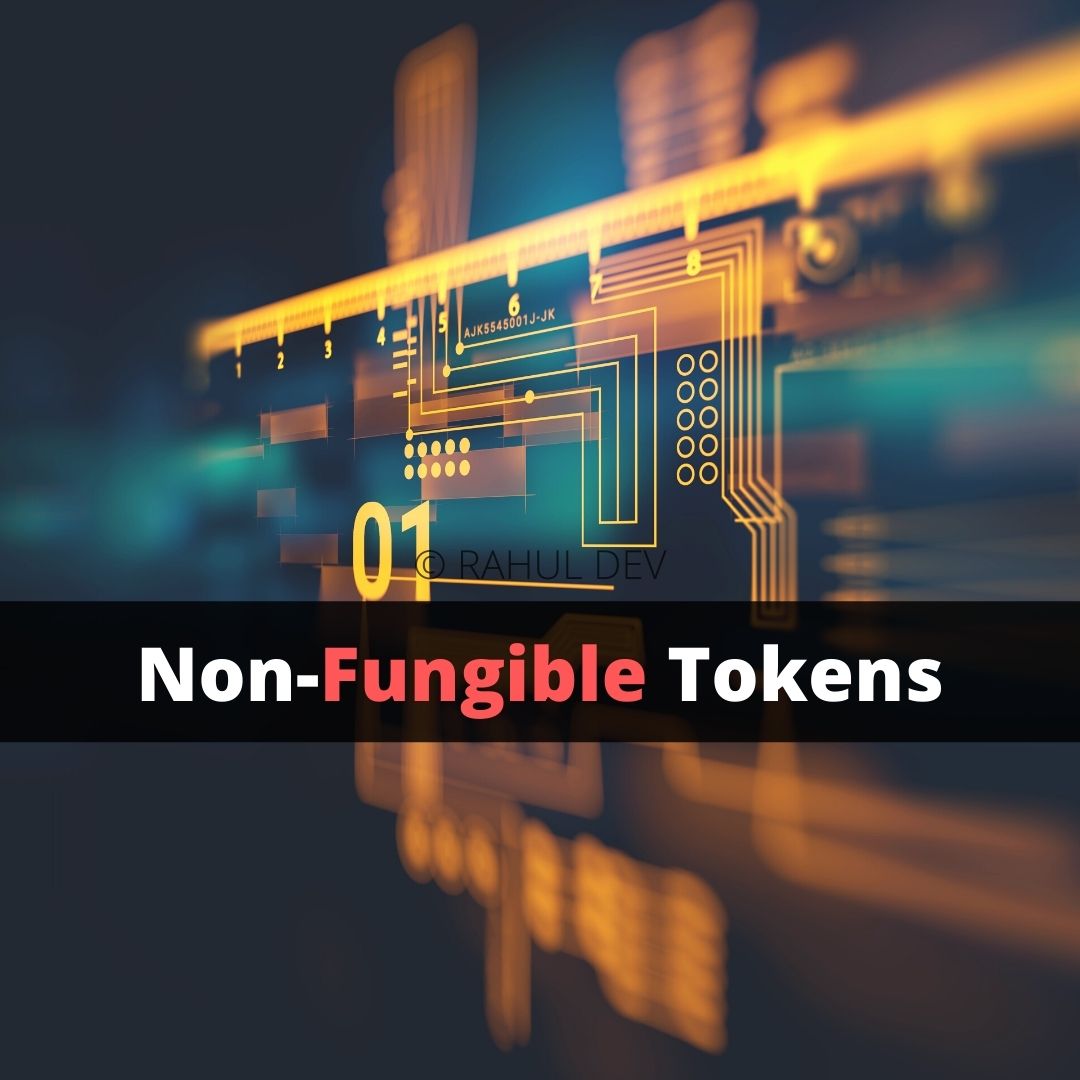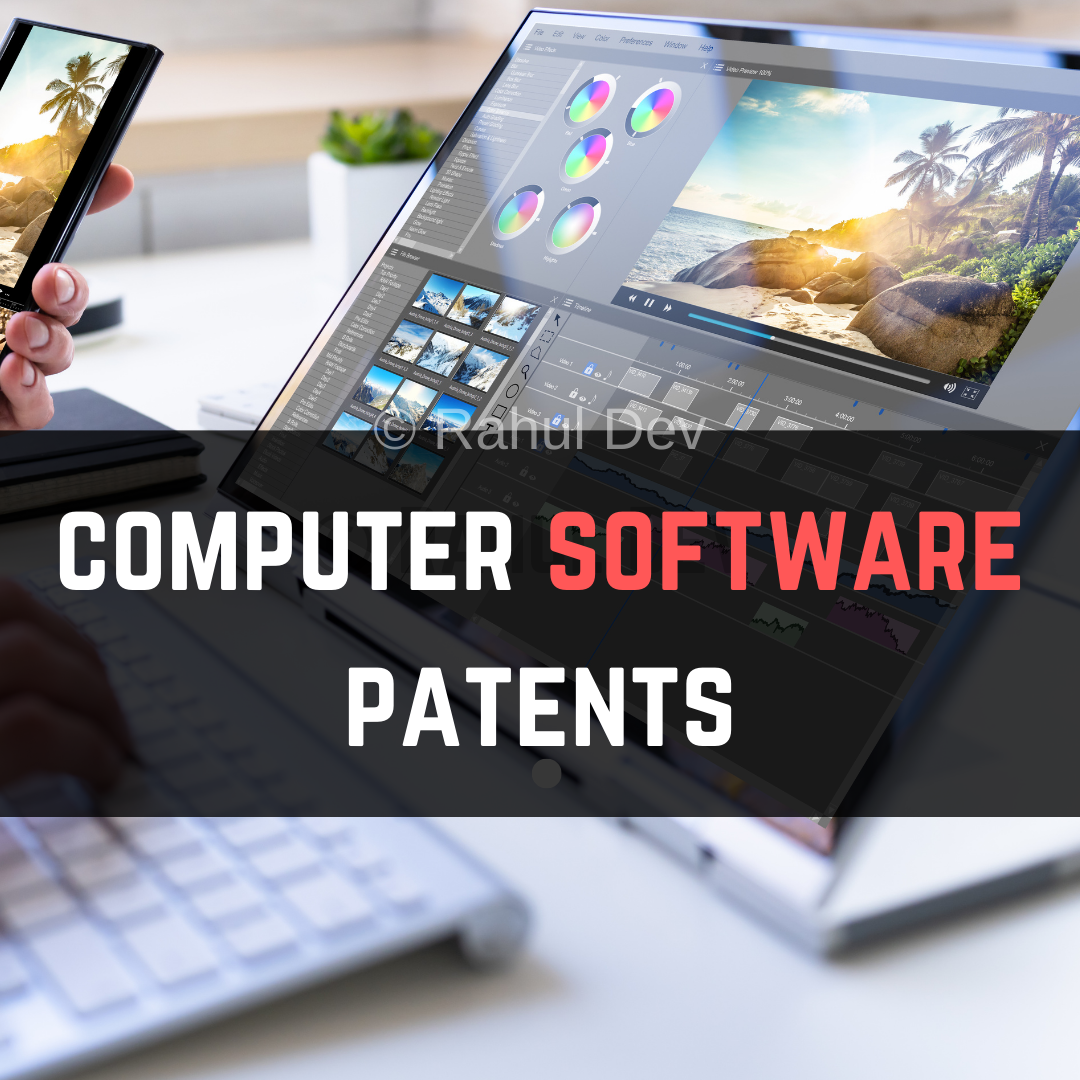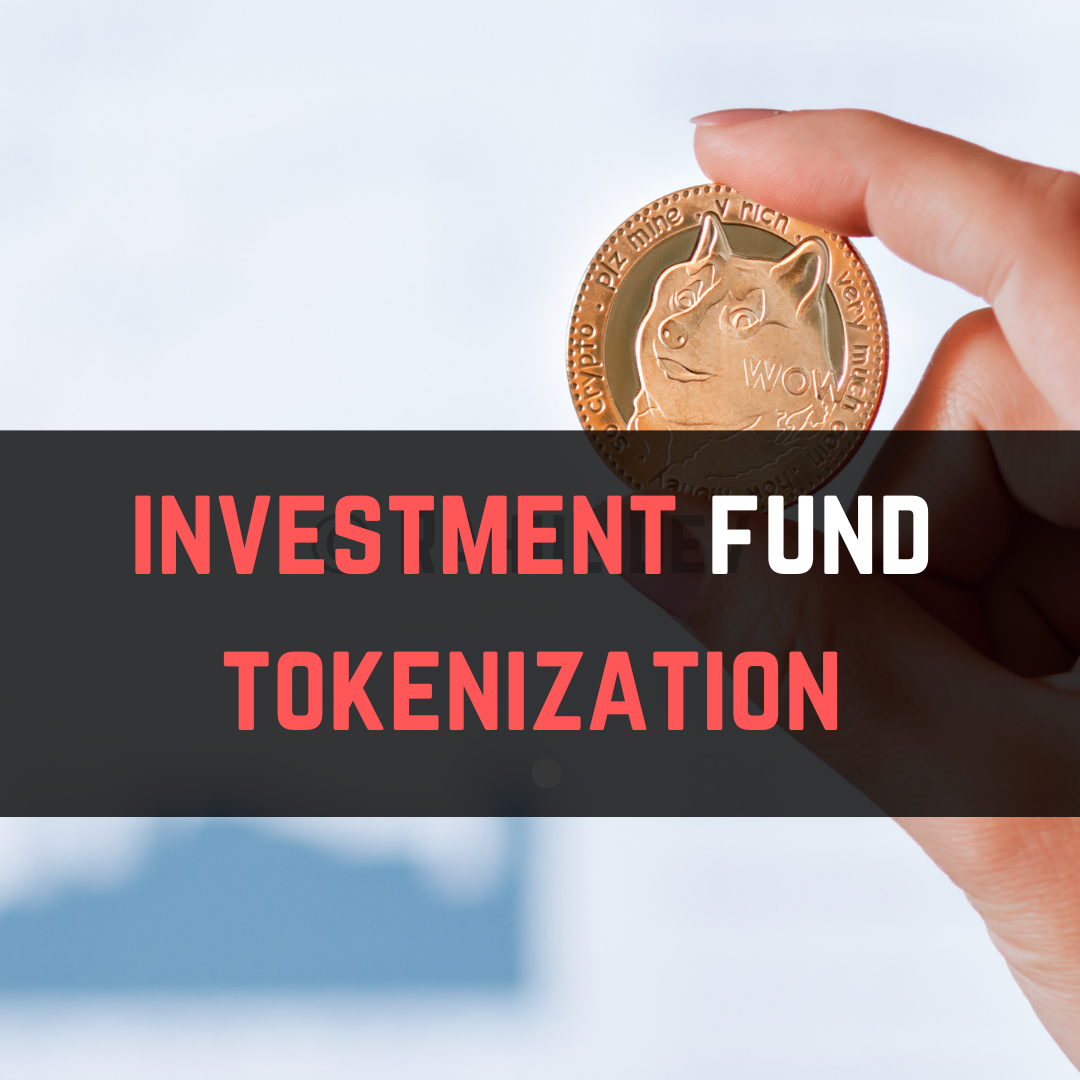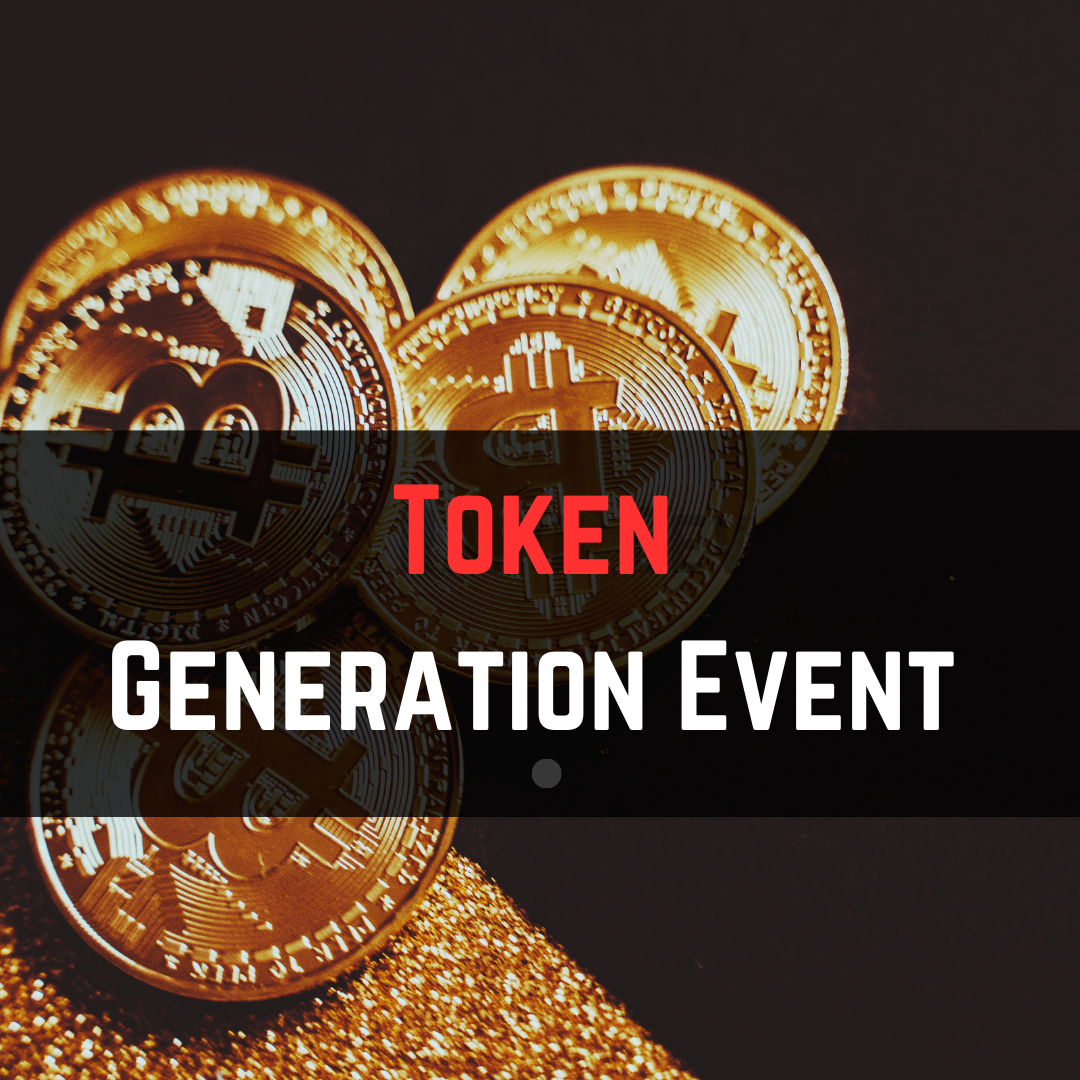
With the growth of NFTs or Non-fungible tokens, active investors and startups are launching NFT platforms actively. Before developing a NFT marketplace or a new NFT platform, there is a need to address certain legal considerations. These legal considerations include obtaining legal opinion on the utility aspects of the platform, IP ownership of the assets, data privacy issues, copyright and trademark related issues. A thorough review of legal aspects of NFT platforms and new NFT projects assist the lawyers during drafting of terms of use, privacy policy and other important legal documents associated with the new NFT platforms.

NFTs were introduced as digital tokens that are created on blockchain technology. The difference with such tokens is that, unlike bitcoin which is fungible, NFTs are digitally unique. This implies that every NFT is unique with a distinct digital footprint and its unique nature, security, and blockchain technology, have considerable benefits. They are issued to verified and authentic users, through built-in smart contracts. The token itself derives its digital value through scarcity and the built-in contracts give the owner the right to resell their assets for royalties from artists and other NFT developers. The primary benefit of these tokens is that they are decentralized and the ownership of the digital asset is independent of central financial institutions.
Multiple legal considerations must be taken into account when intending to work with NFTs. Since they govern third-party relationships all considerations for the smart contracts that allow the purchase of the NFTs must be created newly. The token itself is “minted” on the Blockchain and all negotiations related to the asset are hosted in a secure platform or marketplace. The same can also be available as a virtual commodity on a third-party website such as gaming platforms. Further, since a large part of NFT transactions encompass the selling and reselling of the digital token, they can be sold through a public or a private marketplace, third-party platform, or by way of a peer-to-peer transaction.
What an individual considering NFTs must note is that the fundamental work that is characterized or referenced by the NFT subsists off the Blockchain. Thus it is entirely detached from the NFT itself. It can be specially made by the owner like a conventional work of art or it can be a pre-existing creation by the owner. Once the token is created, the work is hosted by the owner in a platform or gallery, on a protected website that the NFT “calls to” or on a third-party platform. Further, when considering the basic structure of the underlying work, it can simply be a JPEG image, a GIF, or a sound file depending on the use cases. Today, these use cases are becoming more and more sophisticated, such as the introduction of an AI-powered female avatar, Snapchat filters, and other virtual items for use in AR environments and games, etc.
An NFT will always involve third-party participation and depending on its nature of offerings the owner of the asset will have a direct business and contractual relationship with such party. This relationship varies to the extent of the nature of the third parties and their involvement in the transaction. Thus, when considering the use of NFTs an individual must first and foremost address the legal questions arising out of such relationships. Such third-parties include the developers of the underlying work, the minter of the tokens, the hosting party, the marketplace or third-party platforms selling the token, the purchasers, the agency that aids in promoting the NFT if it is promotional, the blockchain wallet that effects the transfer, the Know Your Customer/anti-money laundering provider, and the carbon offset organization which is normally a part of such transactions for PR purposes. Such stakeholders serve multiple roles depending on the nature of their arrangement.
Third-party Intellectual Property Rights (IPR): Since digital assets are intangible they come well within the concept of Intellectual Property and thus involve rights that allow their owner to utilize the underlying work for their purposes or as prescribed in the NFT contract. Companies that invest in new use cases for such NFTs must contemplate patent protection depending on their landscape searches and their freedom to operate. This is important specifically when it pertains to tangible goods. NFT platforms hosting virtual goods must further use available safe harbour programs and implement compliant measures according to the same.
Securities and other Guideline: There is ambiguity as to whether an NFT in specific use cases would be deemed as security under Indian securities laws. Provided that the blockchain-based nature of such tokens and the cryptocurrency regulations, there are characteristics of NFTs and their offerings that may subject them to securities regulations in India or abroad.
Taxation: Law has not necessarily engaged the increasing popularity of NFTs with the process of taxation. Countries all over the world lack the legislation to deal with the taxation of NFT transactions, as they are identified separately from digital assets and cannot be determined by the Capital Gains Tax. Thus the issue is to determine where the NFT is situated for taxation purposes.
On the face of it, the outstanding growth of NFTs in the last few months may seem positive. However, since they are new financial assets in the commercial market the law is yet to catch up with the phenomenon. Thus, the legal uncertainty surrounding multiple aspects of buying and selling digital assets through NFTs spread out not just to the concepts considered above, but to additional areas of law such as data protection and privacy law.
The concept of Non-Fungible Tokens (NFT) largely grew due to the expansion of the cryptocurrency domain that helped the innovative new platform to enter the commercial market space. The token is a unique digital asset that is built on blockchain technology that can neither be destroyed nor replicated. Thus, they are independent of centralized financial authorities and a buyer has the potential to trace back the ownership of the NFTs.
Today, new digital enterprises are using these developments to introduce new NFT platforms by combining them with their business enterprises. This has been specifically adapted by the Whitelabel NFT Marketplace platform that derived its concept from the conventional financial sector. The Whitelabel NFT Marketplace platform is a commercial NFT platform that is market-ready and customizable as per the client’s requirements. Some Whitelabel NFT includes the Binance Smart Chain, Ethereum, Matic, and Flow. Such Whitelabel platforms have a particular sequential order in their development stages. It begins with identifying the specification of the type of digital asset.
Herein, the kind of blockchain technology used by the business enterprise is determined and its essential features are given to the development company by the digital enterprise. Subsequently, depending on the specifications provided by the clients, the code compilation is executed and the minting process is concluded. The platform is then equipped with the necessary security measures to avert cyber-attacks and breaches. Lastly, the marketplace files are sourced for future use and the token burning mechanism is synced and stated in the Whitelabel NFT platform. Then the formulated platform is published on the main net and the platform is submitted to the client.
For companies that wish to grow their digital market value, they must have the necessary insight into NFTs. Creating an NFT marketplace platform is very extensive, difficult, time-consuming, and expensive, and to overcome these challenges the Whitelabel NFT marketplace was introduced. They provide the buyer with an efficient and affordable platform.
Our team of advanced patent attorneys assists clients with patent searches, drafting patent applications, and patent (intellectual property) agreements, including licensing and non-disclosure agreements.
Advocate Rahul Dev is a Patent Attorney & International Business Lawyer practicing Technology, Intellectual Property & Corporate Laws. He is reachable at rd (at) patentbusinesslawyer (dot) com & @rdpatentlawyer on Twitter.
Quoted in and contributed to 50+ national & international publications (Bloomberg, FirstPost, SwissInfo, Outlook Money, Yahoo News, Times of India, Economic Times, Business Standard, Quartz, Global Legal Post, International Bar Association, LawAsia, BioSpectrum Asia, Digital News Asia, e27, Leaders Speak, Entrepreneur India, VCCircle, AutoTech).
Regularly invited to speak at international & national platforms (conferences, TV channels, seminars, corporate trainings, government workshops) on technology, patents, business strategy, legal developments, leadership & management.
Working closely with patent attorneys along with international law firms with significant experience with lawyers in Asia Pacific providing services to clients in US and Europe. Flagship services include international patent and trademark filings, patent services in India and global patent consulting services.
Global Blockchain Lawyers (www.GlobalBlockchainLawyers.com) is a digital platform to discuss legal issues, latest technology and legal developments, and applicable laws in the dynamic field of Digital Currency, Blockchain, Bitcoin, Cryptocurrency and raising capital through the sale of tokens or coins (ICO or Initial Coin Offerings).
Blockchain ecosystem in India is evolving at a rapid pace and a proactive legal approach is required by blockchain lawyers in India to understand the complex nature of applicable laws and regulations.
Read About Patent FIling Guide



